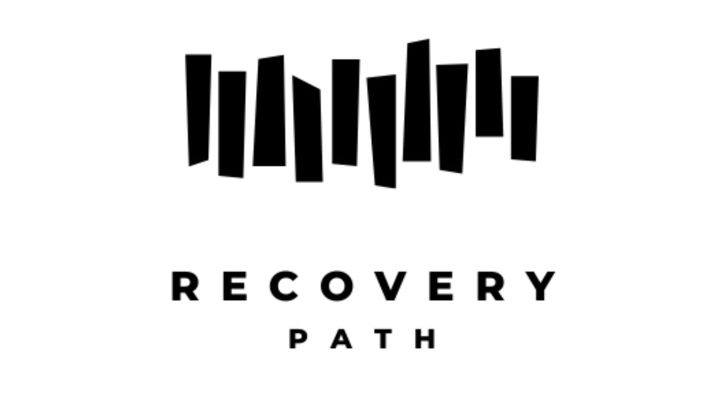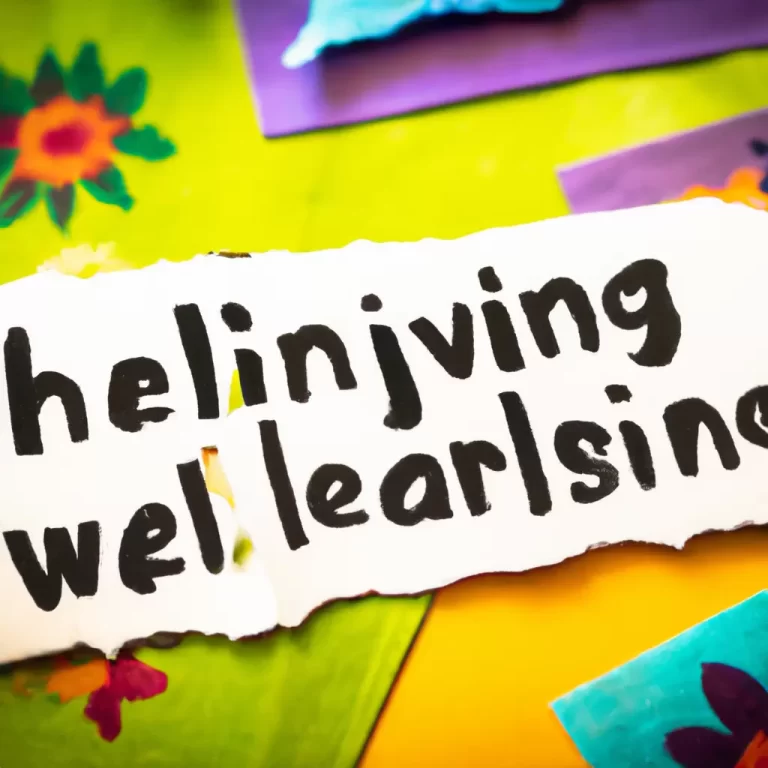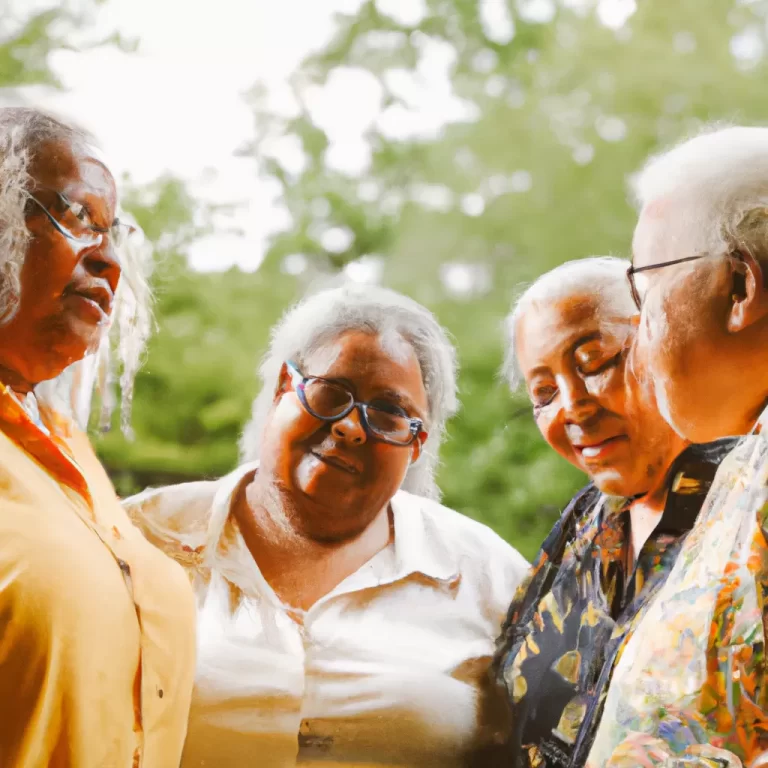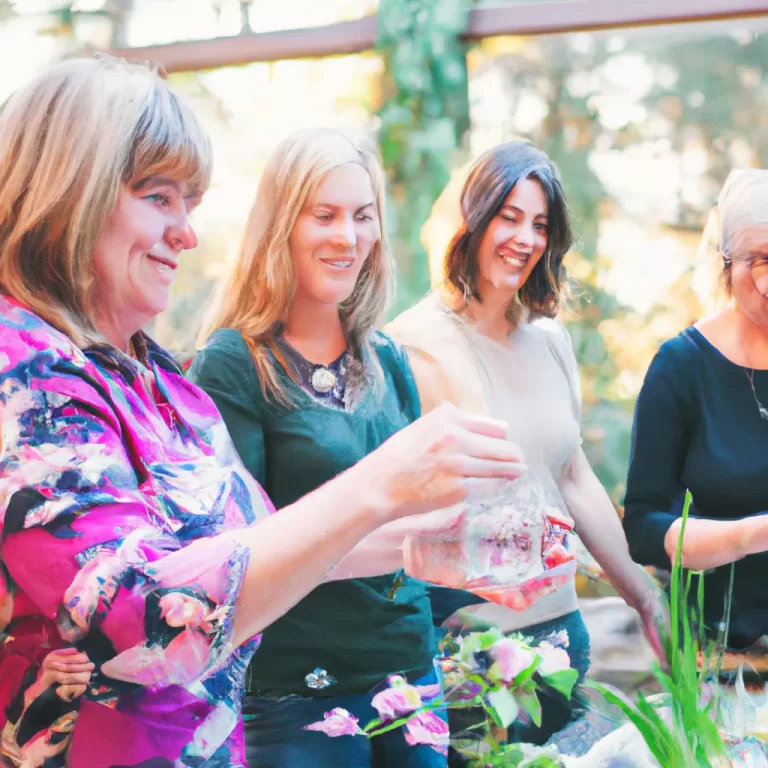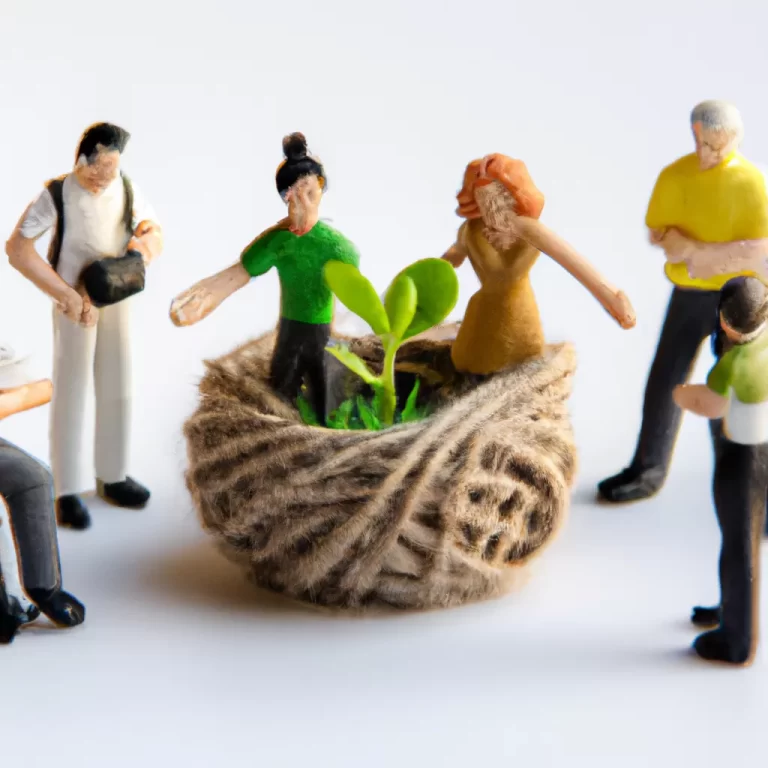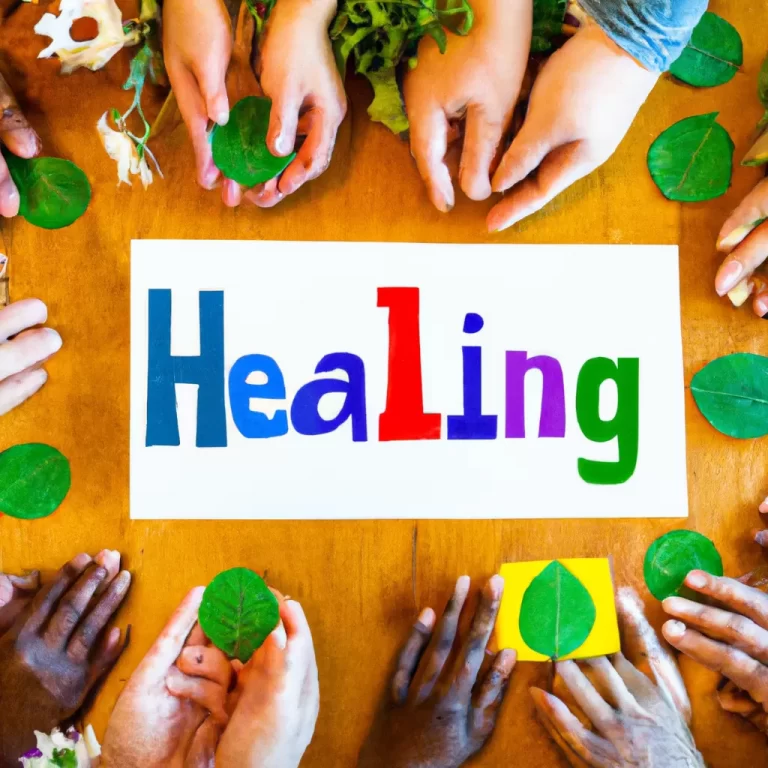5 Ways Recovery Groups Heal Your Heartache: Discovering Hope, Connection, and Strength
Finding Healing Through Recovery Groups: A Path to Hope, Connection, and Strength
In times of heartache and struggle, it can be challenging to navigate the tumultuous waters of emotional pain alone. The weight of grief, addiction, trauma, or loss can often feel overwhelming, leaving individuals feeling isolated and helpless. However, there is a beacon of light in the form of recovery groups that offer a sanctuary for those seeking solace, understanding, and healing. Here are five ways in which these groups can help mend your heartache and lead you towards a path of hope, connection, and strength.
1. **Embracing a Supportive Community**
Recovery groups provide a safe space where individuals can share their stories, vulnerabilities, and challenges without fear of judgment. This sense of community fosters a deep connection among members who understand each other’s struggles and offer unwavering support. By being part of such a group, you are enveloped in a network of individuals who empathize with your pain and provide a shoulder to lean on during the darkest of times.
2. **Cultivating Empathy and Understanding**
One of the most profound benefits of joining a recovery group is the opportunity to develop empathy and understanding towards others facing similar battles. As you listen to the stories of fellow members and witness their journeys of healing and growth, you begin to see reflections of your own struggles and triumphs. This shared experience creates a bond built on compassion and mutual respect, fostering a sense of belonging and acceptance.
3. **Learning from Diverse Perspectives**
Recovery groups bring together individuals from various backgrounds, cultures, and experiences, offering a rich tapestry of perspectives and insights. By engaging with people who have walked different paths but share a common goal of healing, you gain a broader understanding of human resilience and the multitude of ways in which people cope with adversity. This exposure to diverse viewpoints can broaden your horizons and inspire new ways of approaching your own challenges.
4. **Acquiring Coping Strategies and Tools**
Within recovery groups, members often share practical strategies, coping mechanisms, and tools that have helped them navigate their personal struggles. Whether it’s mindfulness techniques, journaling exercises, or communication skills, these resources equip you with the necessary tools to manage stress, regulate emotions, and foster self-care. By incorporating these practices into your daily life, you empower yourself to face difficulties with resilience and grace.
5. **Celebrating Milestones and Achievements**
Recovery groups provide a platform for members to celebrate milestones, no matter how big or small, along their journey towards healing. Whether it’s reaching a month of sobriety, overcoming a triggering situation, or experiencing a breakthrough in therapy, these victories are acknowledged and honored within the group. This culture of celebration not only boosts morale but also reinforces the idea that progress is possible, instilling hope and motivation in every member.
In conclusion, recovery groups offer a transformative space where individuals can find solace, connection, and strength in the face of heartache and adversity. Through the power of community, empathy, diverse perspectives, coping strategies, and celebration of achievements, these groups pave the way for healing and growth. By embracing the support and resources provided by such groups, you embark on a journey towards self-discovery, resilience, and renewed hope. Remember, you are not alone in your struggles, and by reaching out for help, you open yourself up to a world of healing possibilities.
